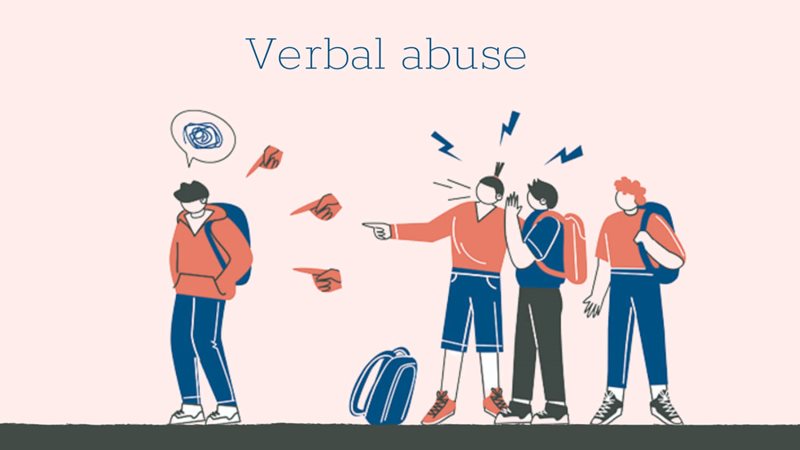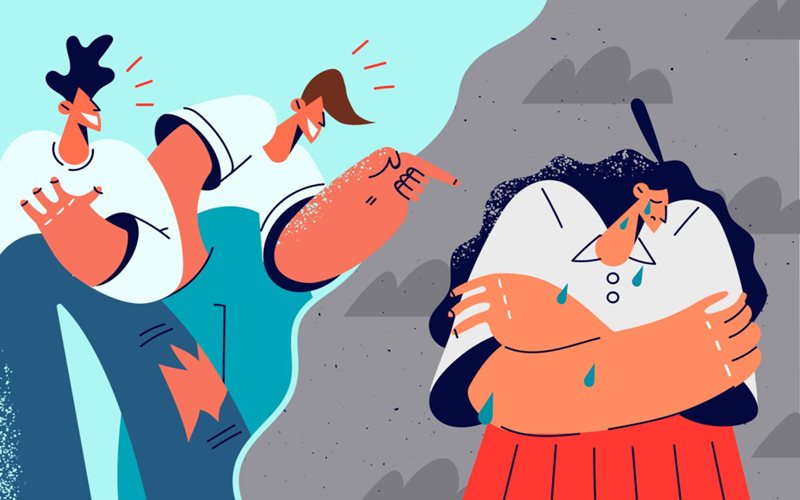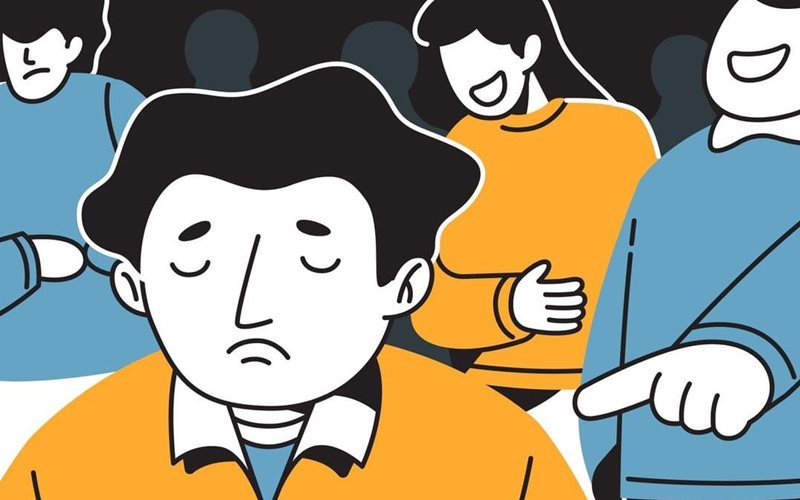Verbal violence, or the use of hurtful and harmful language, can have a detrimental effect on a person’s mental health and well-being. Let’s explore this topic further in today’s article.
1 What is Verbal Violence?
 Understanding Verbal Violence
Understanding Verbal Violence
Verbal violence, also known as verbal abuse, involves using words and language beyond acceptable limits. It can take the form of threats, insults, or belittling remarks, leaving the victim feeling hurt and fearful.
In relationships, verbal violence creates a sense of insecurity and erodes trust, making the recipient feel disrespected.
2 Forms of Verbal Violence
 Recognizing Different Forms
Recognizing Different Forms
According to Psych Central, a mental health resource, verbal violence can manifest in various forms and actions, including:
-
Blame: Making someone feel at fault and responsible for negative consequences.
-
Criticism: Hurting someone’s feelings through harsh and unpleasant judgmental words.
-
Humiliation: Insulting or shaming a person, causing embarrassment in private or public.
-
Threats: Using words to instill fear and anxiety in the recipient.
-
Psychological manipulation: Making someone doubt their own perceptions or abilities.
3 Causes of Verbal Violence
 Understanding the Underlying Causes
Understanding the Underlying Causes
Verbal violence stems from various factors, making it challenging to pinpoint a specific cause. However, psychologists have identified key elements that can influence an individual’s propensity for verbal violence:
-
Psychological and emotional issues: Individuals who frequently engage in verbal violence often struggle with self-esteem, anger, or anxiety issues. As a result, they may express themselves in extreme ways.
-
Family environment: Growing up in a family lacking love and empathy can foster anger, resentment, and irritability.
-
Societal and cultural influences: Exposure to a society rife with violence can normalize and encourage verbal violence.
-
Personal factors: Substance abuse, such as excessive alcohol or drug use, can lead to agitation and violent behavior, including verbal aggression.
4 Manifestations of Verbal Violence
 Recognizing the Signs
Recognizing the Signs
According to the Administration for Children and Families (ACF) in the United States, verbal violence can manifest in several ways, such as:
-
Frequently accusing you without justification.
-
Dismissing your opinions and ideas.
-
Threatening your life or health.
-
Using words to hurt and devalue you.
-
Mocking you and undermining your motivation.
-
Exercising control over you in various ways.
5 Consequences of Verbal Violence
 Understanding the Impact
Understanding the Impact
Verbal violence can have far-reaching consequences for the victim’s life and well-being. Its effects are not short-lived but can persist for a long time. Some of the potential consequences include:
-
Chronic stress
-
Depression
-
Diminished self-worth
-
Substance abuse
-
Social anxiety
-
Increased risk of suicidal thoughts
-
Feelings of shame, fear, and hopelessness
6 Escaping Verbal Violence
 Strategies for Freedom
Strategies for Freedom
Recognize the Signs
To determine if you are experiencing verbal violence, pay attention to the people around you and look for signs. Once you have clarity, you can better understand your situation and take appropriate action.
Set Boundaries
It’s crucial to establish boundaries and communicate your limits in any relationship. Doing so will help the other person understand your limits and reduce the likelihood of verbal violence.
Limit Contact or End the Relationship
If the above strategies don’t help, limiting contact with verbally violent individuals may be necessary. Sometimes, the only way to find relief is to distance yourself from these people and create a safer, more comfortable space for yourself.
In conclusion, this article has provided insight into the nature of verbal violence, its causes, and its signs. We hope that you now have a better understanding of how to recognize and escape verbal violence if you encounter it.
Source: hellobacsi.com





































